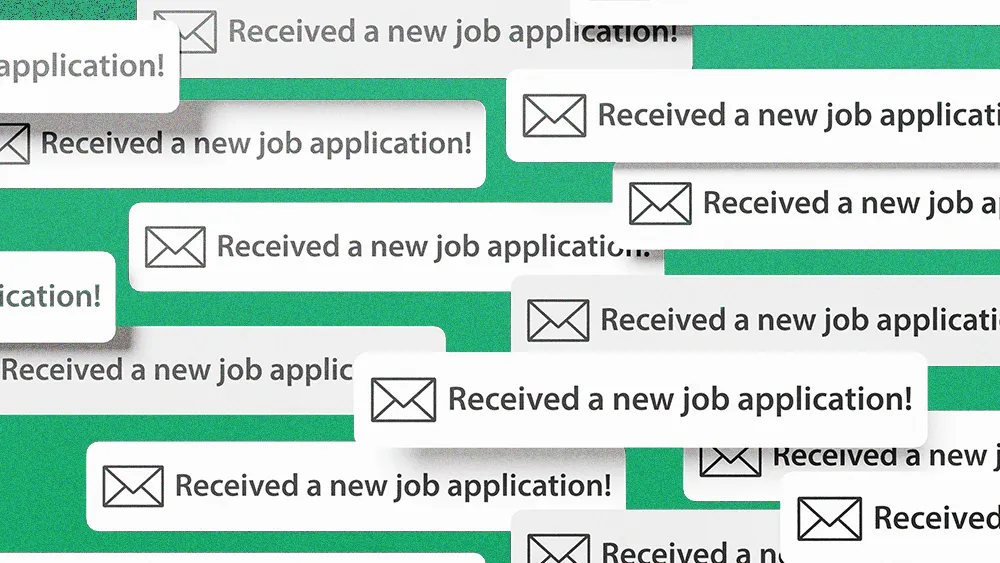Freelancers reshape the workforce as employment dynamics shift: Upwork Report

Key Points
Research finds over a quarter of the U.S. knowledge workforce now operates independently, earning on average $5,000 more annually than full-time employees.
Companies increasingly relying on freelancers for agility and advanced tech skills, with 54% of freelancers reporting expert AI proficiency.
Business leaders are urged to integrate freelancers as a core part of workforce strategy, not just temporary solutions.
The nature of employment is transforming, as skilled professionals and forward-thinking businesses are turning more towards freelance talent. New reports from Upwork and Remote highlight a dual-driven surge: individuals are choosing independent work for better pay, flexibility, and a distinct edge in AI proficiency, while companies view freelancers as vital for agility and accessing these advanced tech skills. This trend signals a fundamental reassessment of workforce strategy.
Freelancer pull: More than a quarter of the U.S. knowledge workforce, over two million individuals according to Upwork, now operates independently, earning on average $5,000 more annually than their full-time counterparts. Kelly Monahan, Managing Director of the Upwork Research Institute, told UNLEASH exclusively, “Highly educated professionals aren’t turning to freelance work because they’re out of options. They’re choosing it because it offers more flexibility, higher earning power, and faster skill development.” Few freelancers express a desire to return to traditional roles, with Upwork and Remote reporting figures as low as 10% and 7% respectively.
Strategic advantage: Companies, particularly high-growth firms where 46% already embed independent talent, now more often leverage freelancers to navigate hiring challenges and secure specialized expertise. This is especially true for AI capabilities, where 54% of freelancers report advanced or expert proficiency, compared to just 38% of full-time employees, according to Upwork. Monahan notes freelancers “are highly motivated, future-ready, and often bring critical skills that businesses need to stay ahead.”
Shifting foundations: This growing reliance on independent professionals points to fundamental shortcomings in established employment structures. “The traditional full-time model—designed for stability and scale—is now struggling to keep up with the pace of change,” Monahan observes. This trend is further evidenced by Upwork’s finding that 82% of freelancers see more work opportunities than a year ago, outpacing the 63% of full-time employees reporting the same.
Workforce reimagined: The message for business leaders is clear: adaptation is no longer optional. Monahan urges that “it’s time to start viewing freelancers not as temporary fixes, but as a core part of the workforce strategy.” With a growing cohort of skilled professionals making independent work their primary career, she concludes, “it’s no longer about when companies will adapt—but how.”
Related articles
TL;DR
Research finds over a quarter of the U.S. knowledge workforce now operates independently, earning on average $5,000 more annually than full-time employees.
Companies increasingly relying on freelancers for agility and advanced tech skills, with 54% of freelancers reporting expert AI proficiency.
Business leaders are urged to integrate freelancers as a core part of workforce strategy, not just temporary solutions.
The nature of employment is transforming, as skilled professionals and forward-thinking businesses are turning more towards freelance talent. New reports from Upwork and Remote highlight a dual-driven surge: individuals are choosing independent work for better pay, flexibility, and a distinct edge in AI proficiency, while companies view freelancers as vital for agility and accessing these advanced tech skills. This trend signals a fundamental reassessment of workforce strategy.
Freelancer pull: More than a quarter of the U.S. knowledge workforce, over two million individuals according to Upwork, now operates independently, earning on average $5,000 more annually than their full-time counterparts. Kelly Monahan, Managing Director of the Upwork Research Institute, told UNLEASH exclusively, “Highly educated professionals aren’t turning to freelance work because they’re out of options. They’re choosing it because it offers more flexibility, higher earning power, and faster skill development.” Few freelancers express a desire to return to traditional roles, with Upwork and Remote reporting figures as low as 10% and 7% respectively.
Strategic advantage: Companies, particularly high-growth firms where 46% already embed independent talent, now more often leverage freelancers to navigate hiring challenges and secure specialized expertise. This is especially true for AI capabilities, where 54% of freelancers report advanced or expert proficiency, compared to just 38% of full-time employees, according to Upwork. Monahan notes freelancers “are highly motivated, future-ready, and often bring critical skills that businesses need to stay ahead.”
Shifting foundations: This growing reliance on independent professionals points to fundamental shortcomings in established employment structures. “The traditional full-time model—designed for stability and scale—is now struggling to keep up with the pace of change,” Monahan observes. This trend is further evidenced by Upwork’s finding that 82% of freelancers see more work opportunities than a year ago, outpacing the 63% of full-time employees reporting the same.
Workforce reimagined: The message for business leaders is clear: adaptation is no longer optional. Monahan urges that “it’s time to start viewing freelancers not as temporary fixes, but as a core part of the workforce strategy.” With a growing cohort of skilled professionals making independent work their primary career, she concludes, “it’s no longer about when companies will adapt—but how.”




